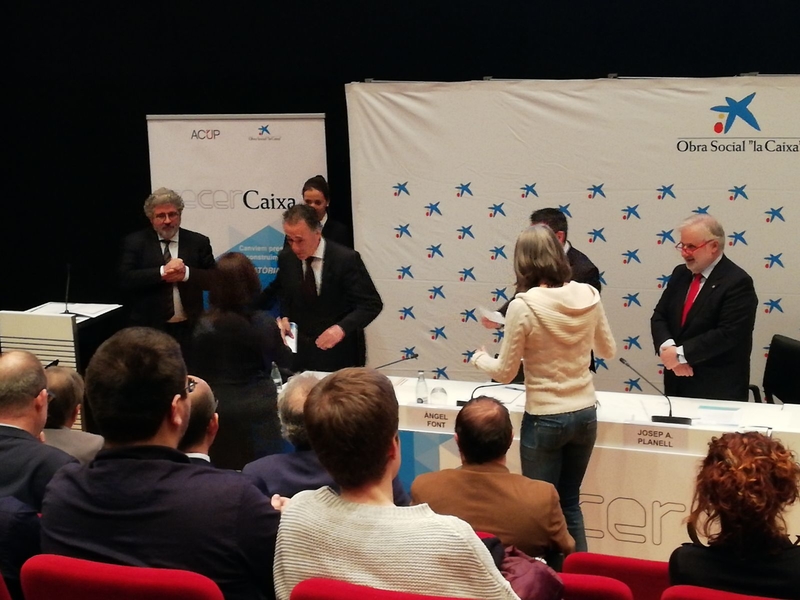Maria-Ribera Sancho and Cristina Marinescu propose a toolset that facilitates the integration, enrichment and analysis of the data to identify social exclusion and poverty cases.
Maria-Ribera Sancho and Cristina Marinescu, researchers of the HPC Modelling and Simulation for Social Sciences, and Smart Cities groups, respectively, have got a RecerCaixa 2017 grant, worth almost 82.000 euros, for their project “LinDaFIX: Linked Data for Fighting Inequality in Complex Societies”.
Through this project, their main objectives are the timely detection of individuals at risk, the discovery of patterns that predict inequality, and the development of a set of vulnerability indicators. This would allow administrations to optimize the use of their resources. The result is a more inclusive, safer society, in which citizens are more protected and therefore less likely to engage in actions that prejudice both themselves and the community.
They propose a toolset that facilitates the integration, enrichment, and analysis of the data. The approach builds on semantic technologies, automated reasoning, machine learning, and – possibly – natural language processing techniques to cross information and discover relationships that probabilistically indicate which are the individuals at risk.
This project is one of twenty works selected by RecerCaixa 2017 among 283 applications for its highest quality from a scientific point of view. The RecerCaixa Call is a programme boosted by la Caixa with the collaboration of the Catalan Association of Public Universities.



